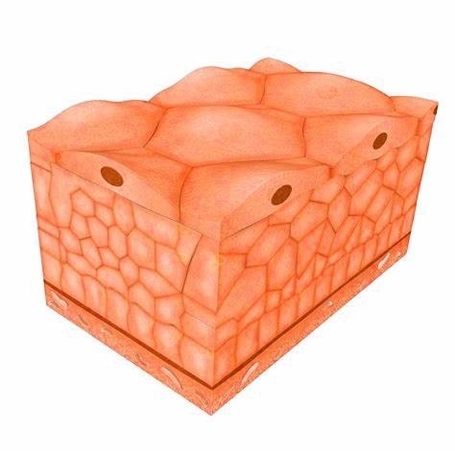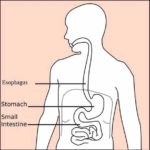The Human Digestive System
The human digestive system is a complex network of organs and structures that work together to break down food into nutrients, which the body needs to function. This system includes the gastrointestinal (GI) tract, the biliary system, and the accessory organs of digestion.
Components of the Digestive System
1. Mouth: The process of digestion begins in the mouth. Food is mechanically broken down by chewing and chemically broken down by digestive enzymes present in saliva.
2. Esophagus: The bolus (chewed food) is swallowed down the esophagus to enter the stomach.
3. Stomach: In the stomach, food is further broken down by mixing with gastric acid.
4. Small Intestine: The partially digested food enters the small intestine, where it is mixed with enzymes produced by the pancreas. The small intestine consists of the duodenum, the jejunum, and the ileum.
5. Large Intestine: The large intestine consists of the cecum, the ascending colon, the transverse colon, the descending colon, and the sigmoid colon. Water and some minerals are reabsorbed back into the blood in the colon.
6. Rectum and Anus: The waste products of digestion (feces) are defecated from the rectum via the anus.
Accessory Organs
1. Tongue and Teeth: They aid in the mechanical breakdown of food.
2. Salivary Glands: They produce saliva, which contains digestive enzymes.
3. Pancreas: It produces enzymes that aid in digestion.
4. Liver and Gallbladder: They produce bile, which helps in the digestion and absorption of fats.
Digestion Process
The process of digestion has three stages: the cephalic phase, the gastric phase, and the intestinal phase. The cephalic phase begins with secretions from gastric glands in response to the sight and smell of food. The gastric phase happens in the stomach, where the food is further broken down. The intestinal phase begins in the duodenum, where the partially digested food is mixed with a number of enzymes.
Conclusion
The human digestive system is a marvel of nature, efficiently processing food into usable nutrients and eliminating waste. It is a testament to the intricate design and functionality of the human body. Understanding its workings not only provides insight into our own health and well-being but also underscores the importance of maintaining a balanced diet and healthy lifestyle..



